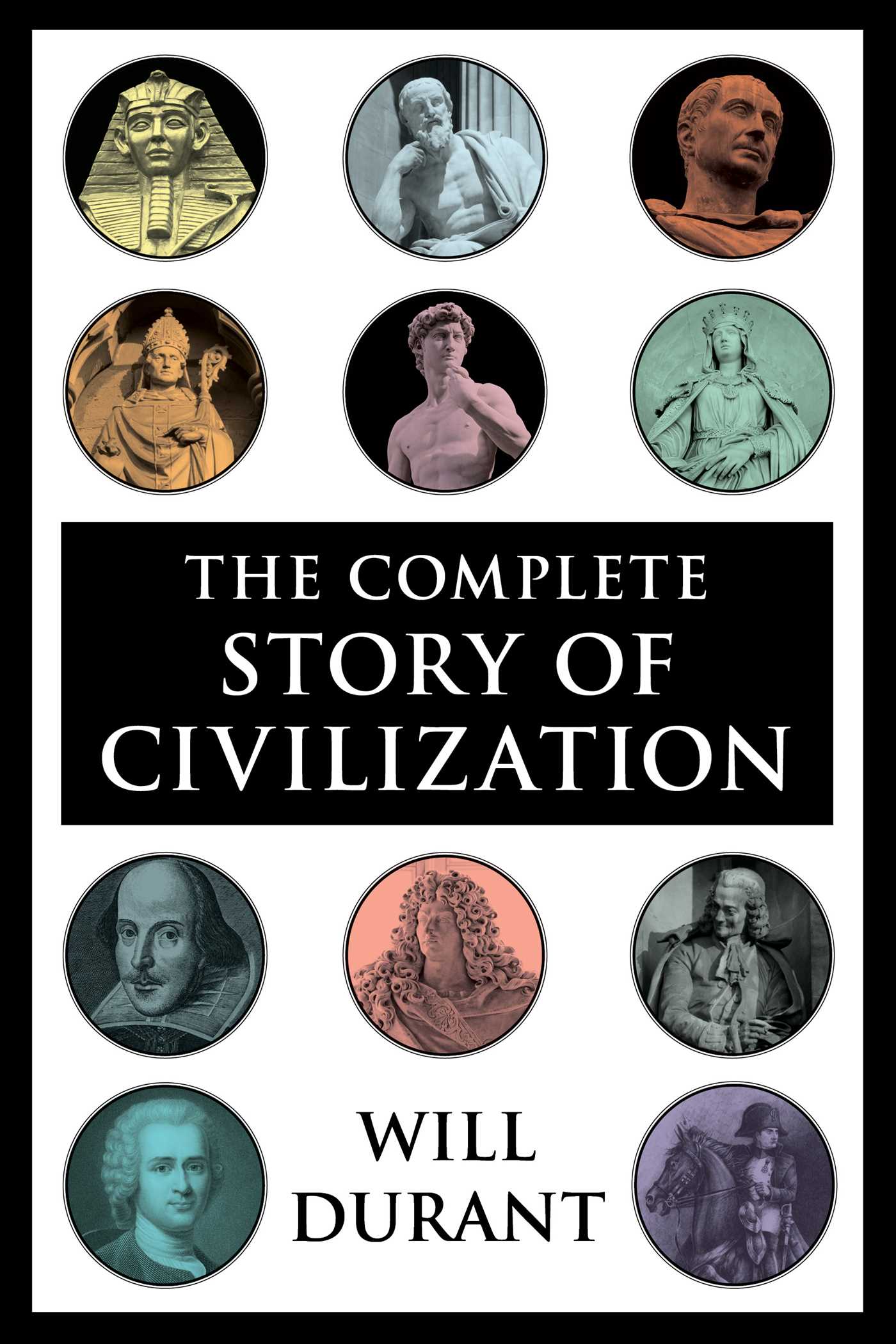

Meanwhile, going all the way back to the 8th century, the political, economic, and literary influences of medieval Islam were felt in England. England, specifically, played host to a visible Jewish community following the Norman Conquest (though medieval Jews, their beliefs, and the Hebrew language are found in pre-Conquest writing as well). Trade, politics, translated writings, conflict, and devotional pilgrimage (especially to the religiously pluralistic space of medieval Jerusalem) would have brought medieval people of diverse faith systems into frequent contact. Judaism (dating back to 500 BCE) formed the foundation of monotheistic Christianity (founded by Jesus of Nazareth, himself Jewish, in the 1st century CE), while the development and rapid expansion of Islam in the 7th century would add further texture to the religious tapestry connecting the Middle East, Northern Africa, and Europe. Though we are conditioned to think of the European Middle Ages as exclusively Christian, all three of the Abrahamic religions (Judaism, Christianity, and Islam) contributed to the socio-cultural life of medieval Western Europe.


Many still think of the Middle Ages as an “Age of Faith” in the narrowest terms, a time when everybody (in Western Europe, anyhow) embraced a homogenous, superstitious, and bigoted Christianity. Will Durant, co-author with his wife Ariel of an eleven-volume series called The Story of Civilization, entitled the volume dedicated to the Middle Ages The Age of Faith (1950).


 0 kommentar(er)
0 kommentar(er)
